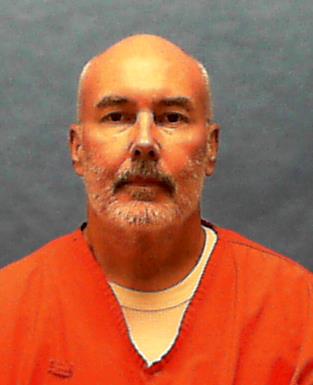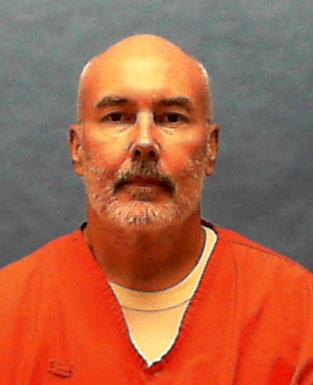Latino evangelical leaders are calling on Florida Gov. Ron DeSantis to stay the execution of Donald David Dillbeck, who was convicted of fatally stabbing a woman after escaping from custody while serving a life sentence for killing a Lee County deputy.
Dillbeck’s attorneys have argued that his neurobehavioral disorder—which they say is similar to an intellectual disability and related to alcohol exposure before birth—should exempt him from execution under constitutional law, according to news reports.
Latino Christian leaders, as part of their faith-led effort dubbed “Evangélicos for Justice,” are urging the governor—who signed Dillbeck’s death warrant on January 23—to consider his disability and to offer him clemency. By enacting the death penalty on Dillbeck, they say, the state is undermining “our values and respect for all life.”
Dillbeck, who was convicted in the 1990 murder of Faye Vann in Tallahassee, is scheduled to die February 23 by lethal injection.
“As pastors and Christian leaders, we do believe all life is sacred, the life of victims and their oppressors. We want justice for everyone, which is why we believe that Donald Dillbeck should spend the remainder of his days in prison. We also believe that his life should be spared,” according to a letter on the “Evangélicos for Justice” website addressed to DeSantis.
Among those who signed the letter are Bishop Angel Marcial, president of the Florida Fellowship of Hispanic Councils and Evangelical Institutions; the Rev. Irene Familia, president of the Pastors Association of Volusia County; and the Rev. Ivan García, president of the Fellowship of Evangelical Ministers of Tampa. Signers also included Black clergy leaders, such as Bishop Derrick L. McRae, president of the African American Council of Christian Clergy, and the Rev. Frank Madison Reid III, with the African Methodist Episcopal Church.
Agustin Quiles, with the Florida Fellowship of Hispanic Bishops and Evangelical Institutions, is part of the campaign and said Latino evangelicals are denouncing the execution because “we value life, from the womb to the tomb.”
 Florida Department of Corrections
Florida Department of CorrectionsMarcial noted the importance of their Latino evangelical effort advocating for Dillbeck, who is white. Latino evangelicals should use their “prophetic voice” for Dillbeck because “we are committed to life,” Marcial told Religion News Service.
Dillbeck is “in need of an act of mercy” considering his upbringing and diagnosis, Marcial said.
“We believe in life at all levels and in all circumstances,” he added.
To Celeste Fitzgerald, who for years has advocated against the death penalty, seeing Latino and Black leaders rallying behind Dillbeck speaks “to the history of the death penalty.”
The death penalty is not a “punishment of the wealthy,” or the “worst of the worst,” said Fitzgerald, of Florida. It’s a punishment, she said, “we reserve for the poor, for people who are marginalized … for the most broken and traumatized.”
In 2016, 78.5 percent of Americans serving life sentences in federal prison were people of color, according to a 2019 report from the Center for American Progress.
“I think people in the Black and brown communities, they feel that and they’re speaking up more and more,” said Fitzgerald, who served as director of New Jerseyans for Alternatives to the Death Penalty. “You can’t really take the death penalty out of the context of the criminal justice system.”
Evangélicos for Justice also stands in opposition to a pair of bills in the Florida Legislature that aim to strip away the requirement of unanimous jury recommendations before death sentences can be imposed.
Marcial said that, if passed, this legislation would set the state back. “It will hurt a lot of people, especially the humble and the poor” who do not have means to defend themselves, he said.
Evangélicos for Justice joins organizations such as Floridians for Alternatives to the Death Penalty, Amnesty International, and the Florida Conference of Catholic Bishops in calling for Dillbeck’s stay of execution.
The Associated Press contributed to this report.











